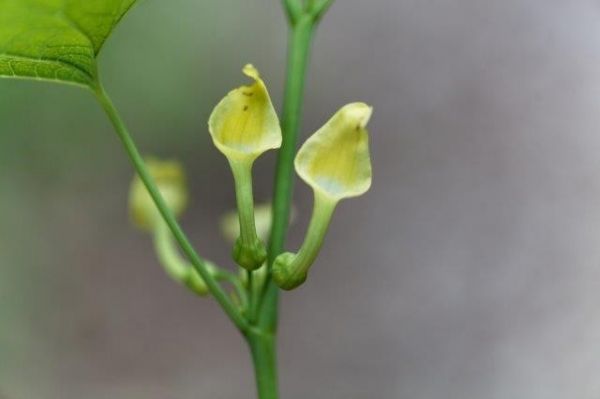People living in Balkan farming villages along the Danube River have long suffered from a unique type of kidney disease known as Balkan endemic nephropathy. Recently, scientists linked the disorder to compounds from a local weed that could be taken up into food crops from the soil. Now, researchers reporting in ACS’ journal Environmental Science & Technology have discovered that contaminated groundwater could be another important source of human exposure.
Aristolochic acids (AAs) were recognized as potent kidney toxins after people taking herbal medicines containing the compounds developed kidney disease. A weed that is widespread in the Balkan regions, Aristolochia clematitis L., produces AAs, and when the plant decays, it releases the toxic compounds into the soil. As a result, scientists have detected AAs in Balkan food products. Nikola Pavlović, Wan Chan and colleagues wondered if the weed-derived compounds could also leach into groundwater, polluting the drinking water of local residents.
Continue reading at American Chemical Society
Image via American Chemical Society


